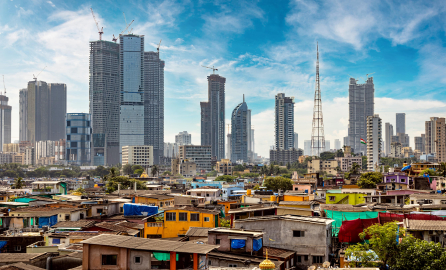What is the Inequality Marker?
The I-Marker is a fundamental tool for DG INTPA to achieve its overarching objective of “building a more sustainable and inclusive world for all" for two reasons. First, it improves the design of interventions to reinforce their inequality-reducing effects. Second, it creates a sound reporting and benchmarking system of the contribution of all relevant interventions (in terms of ODA allocation) to reducing inequalities, capturing appropriately the multidimensionality of inequality. The I-Marker helps DG INTPA to better understand, track and benchmark the impact of its work on inequalities across all sectors by assessing whether, and to what extent, inequality reduction is an objective of a donor’s intervention and, therefore, how likely it is to have an impact on reducing inequalities. This is customarily the case of those interventions designed to benefit, to a larger extent, the bottom (poorest) 40% or other socio-economically disadvantaged individuals, households or groups. For this purpose, a set of criteria has been developed to establish whether inequality reduction is the principal objective (I-2), a significant objective (I-1) or not targeted (I-0).
